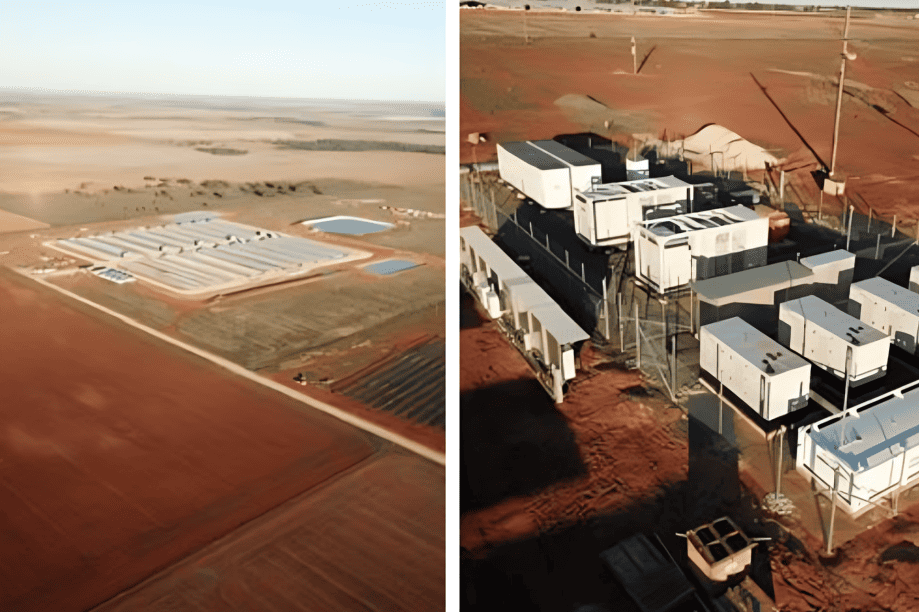
The City of Melbourne is establishing a network of coordinated neighbourhood-scale batteries to deliver more renewable energy into the grid and drive sustainability.
The Power Melbourne project will see the installation of a battery network across the city, with a focus on City of Melbourne’s existing infrastructure initially, as well as the Melbourne Innovation District located in the CBD’s north.
A business case for the pilot battery network will be developed with a potential future capacity of 5 megawatts (MW) by 2024, accelerating the City of Melbourne’s ambition of becoming a city powered by 100 per cent renewable energy.
Lord Mayor of Melbourne Sally Capp said the project would encourage greater uptake of renewables, create new opportunities for research, training and jobs in the green technology sector, and help build Melbourne’s reputation as a centre for clean energy innovation.
“Melbourne has been a leader in sustainability for decades and this project will encourage a new wave of innovation in the mid-scale battery sector,” the Lord Mayor said.
“Initiatives like this will also help us deliver on our ambition to have a city powered by 100 per cent renewable energy by 2030 and zero net emissions by 2040.”
“Power Melbourne is one way we can contribute to a greener future, but we won’t be able to do this alone, so we will be calling on government and the private sector to get involved.”
“We are looking for like-minded partners to join us in delivering cutting-edge technology that makes our city more sustainable, and delivering future savings to businesses and residents,” she added.
With a pilot planned for 2022, the aim of Power Melbourne is to create a model that is replicable across the country.
Environment portfolio lead Councillor Rohan Leppert said Power Melbourne would showcase what can be achieved through collaborating to increase battery storage in urban areas.
“Power Melbourne will deliver a huge amount of insight and data into how we can best reform our electricity networks to encourage more renewables and battery storage,” Cr Leppert said.
“Energy storage will help make more efficient use of the network, and will play an important role in accelerating our transition to a highly renewable electricity grid and low carbon economy.”
“The neighbourhood-scale batteries will be coordinated to deliver sustainable energy back into the grid when it is needed most.”
Future battery locations will be proposed for areas where network demand is constrained or expected to increase over the coming decades.
The Council has allocated $300,000 in this year’s Budget to deliver the pilot.











